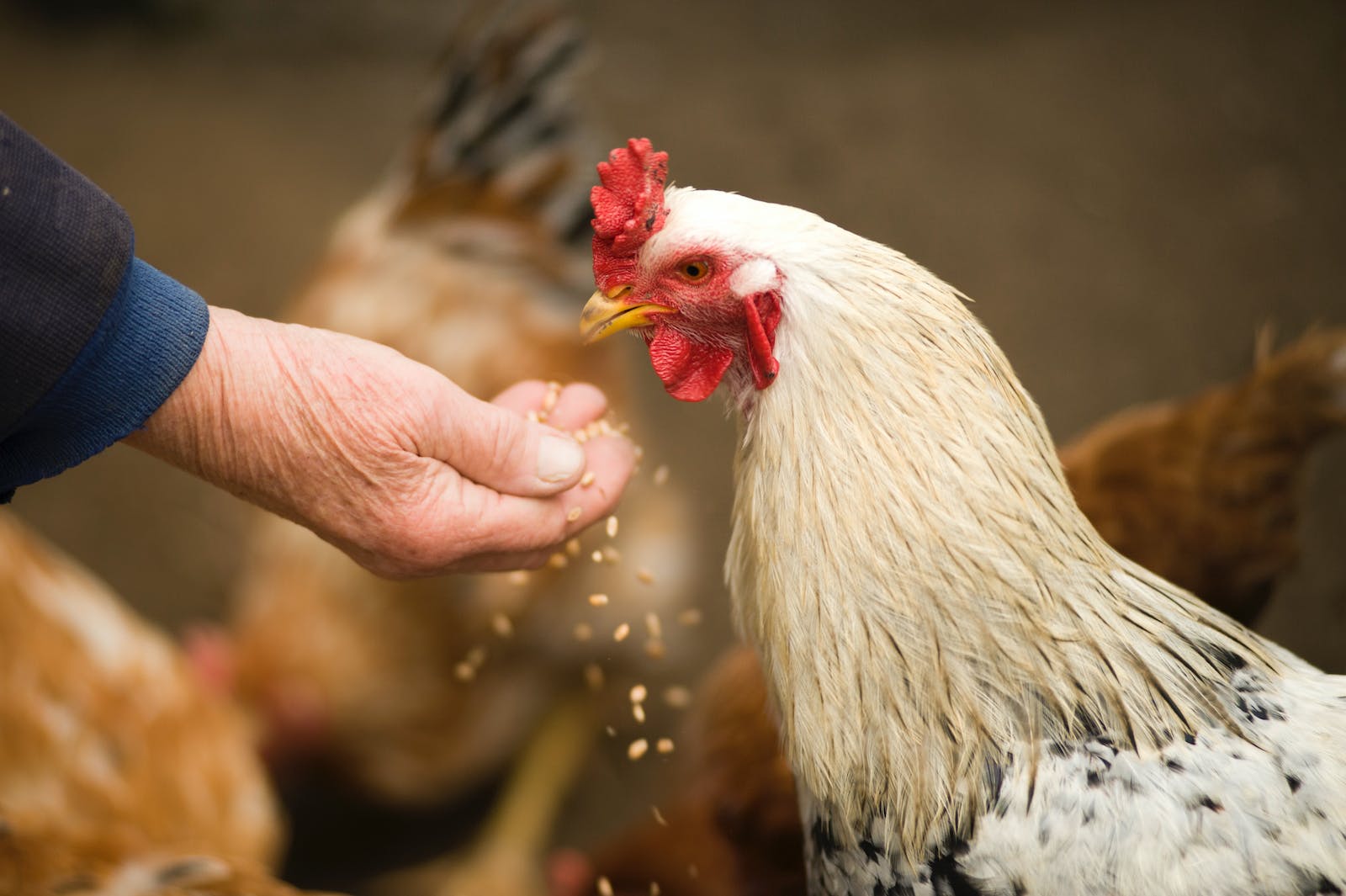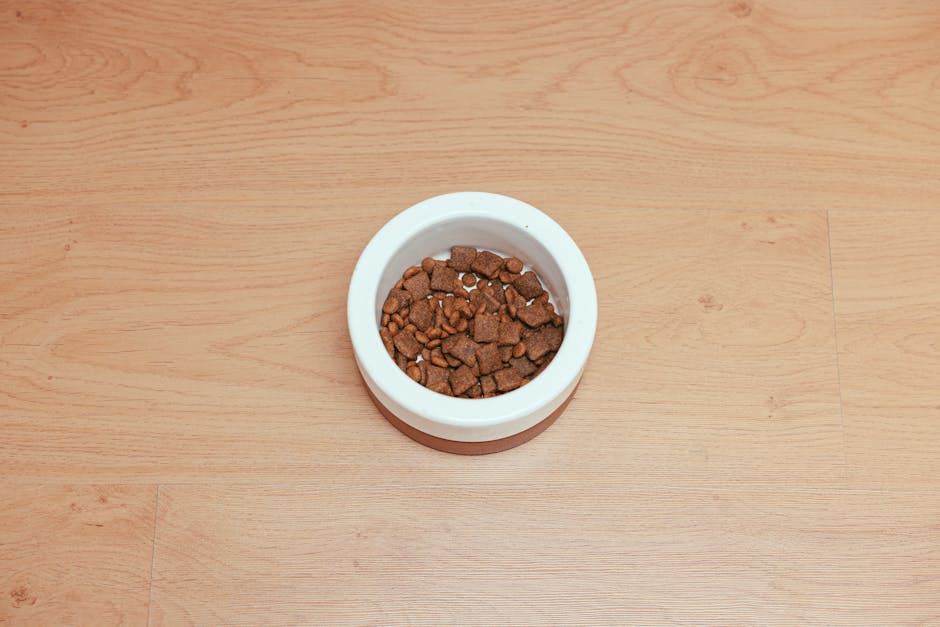The Pros and Cons of Using an Automatic Feeder for Your Pets
Is an automatic feeder the right choice for your furry friends?
Owning pets comes with a lot of responsibilities, and one of them is ensuring they are well-fed even when you are not around. An automatic feeder for pets can provide a convenient solution to this issue. It allows you to schedule feedings and ensures your pets are fed on time. However, like any other product, it has its own set of advantages and disadvantages that every pet owner should consider before investing in one.
In this article, we will explore the pros and cons of using an automatic feeder for your pets. Whether you are a busy pet owner or just looking for a convenient way to manage your pet's feeding schedule, understanding the benefits and drawbacks of automatic feeders can help you make an informed decision.
Pros
Automatic pet feeders offer several benefits that can make your life as a pet owner much easier. From feeding your pet on time to managing portion control, these devices provide convenience and peace of mind. Here are some compelling reasons why automatic pet feeders are a game-changer for pet owners:
Convenience and Flexibility
One of the biggest advantages of automatic pet feeders is the convenience they offer. Whether you are working late or away for the day, these feeders ensure that your pet's feeding schedule remains uninterrupted. You can also customize feeding times based on your pet's dietary needs and create a consistent schedule.
Portion Control
Many pets have specific dietary requirements, and overeating can lead to health issues. Automatic feeders allow you to control the portion sizes and frequency of meals, ensuring that your pet maintains a healthy weight and receives the right amount of food.
Reduced Anxiety for Pet Owners
Pet owners often worry about their pets being hungry when they are away. Automatic feeders alleviate this anxiety by ensuring that your pet's meals are dispensed even when you are not physically present. This can be particularly helpful for pet owners with busy schedules or those who travel frequently.
Consistent Feeding Schedule
Maintaining a consistent feeding schedule is crucial for a pet's overall well-being. Automatic feeders provide a reliable way to ensure that your pet is fed at the same time every day, which can be especially beneficial for pets with specific dietary or medical needs.
Freedom and Independence for Pet Owners
Automatic feeders give pet owners the freedom to leave their pets alone for extended periods without worrying about their feeding routine. This can be particularly useful for individuals who work long hours or have unpredictable schedules.
Customizable Feeding Schedule
An automatic feeder allows pet owners to customize the feeding schedule according to their pet's dietary needs and restrictions. This feature is especially beneficial for pets with medical conditions or specific dietary requirements.
Eliminates Overfeeding and Obesity
Automatic feeders help prevent overfeeding and obesity in pets by dispensing precise portions at scheduled times. This can contribute to the overall health and well-being of the pet, reducing the risk of weight-related health issues.
Missing a pro?
Let us know which pro you are missing!
Cons
While automatic pet feeders offer convenience, they also come with certain drawbacks that pet owners should be aware of. Understanding these limitations can help you make an informed decision about whether an automatic feeder is the right choice for your pet. Here are some potential drawbacks to consider:
Risk of Malfunction
Automatic feeders rely on electronic components and mechanisms, which can malfunction or fail. A malfunctioning feeder can dispense too much food, too little food, or fail to dispense food at all, potentially leading to health issues or disruptions in your pet's feeding schedule.
Limited Food Options
Some automatic feeders may have limitations in terms of the types of food they can dispense. This can be an issue for pets with specific dietary requirements or those that require wet or specialized food. It's essential to ensure that the feeder is compatible with your pet's dietary needs before making a purchase.
Dependency on Batteries or Power Source
Most automatic feeders require batteries or a power source to operate. In the event of a power outage or depleted batteries, the feeder may stop working, potentially disrupting your pet's feeding schedule. It's important to have contingency plans in place to ensure that your pet is fed in such situations.
Lack of Human Interaction During Meals
For some pets, mealtimes are not just about food but also about human interaction and bonding. Automatic feeders eliminate the opportunity for human-pet interaction during meals, which can be detrimental to the emotional well-being of certain pets, particularly those that thrive on social interaction.
Maintenance and Cleaning Requirements
One of the downsides of automatic feeders is the regular maintenance and cleaning they require. Food residue can accumulate within the feeder, leading to hygiene and odor issues if not cleaned regularly. Additionally, some feeders have complex mechanisms that need to be maintained to ensure proper functioning.
Limited Interaction and Bonding Opportunity
Using an automatic feeder exclusively may limit the interaction and bonding opportunities between pets and their owners during meal times. For some pets, mealtime serves as a bonding experience, and the absence of direct interaction during feeding could impact the overall relationship between the pet and the owner.
Missing a con?
Let us know which con you are missing!
Conclusion
Automatic pet feeders offer a range of benefits, including convenience, portion control, and peace of mind for pet owners. However, they also come with potential drawbacks such as the risk of malfunction and the lack of human interaction during meals. Before investing in an automatic feeder, it's essential to consider your pet's specific needs and temperament to determine if this solution is the right fit. By weighing the pros and cons, you can make an informed decision that prioritizes your pet's well-being and overall happiness.
What do you think?
Do you think the pros outweigh the cons?









